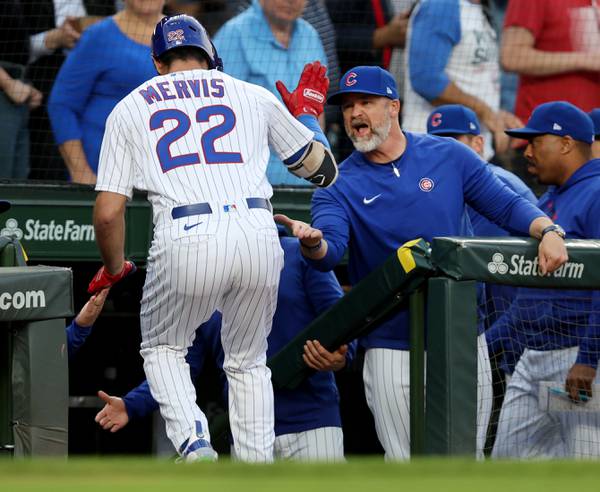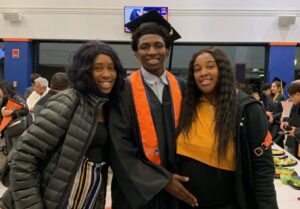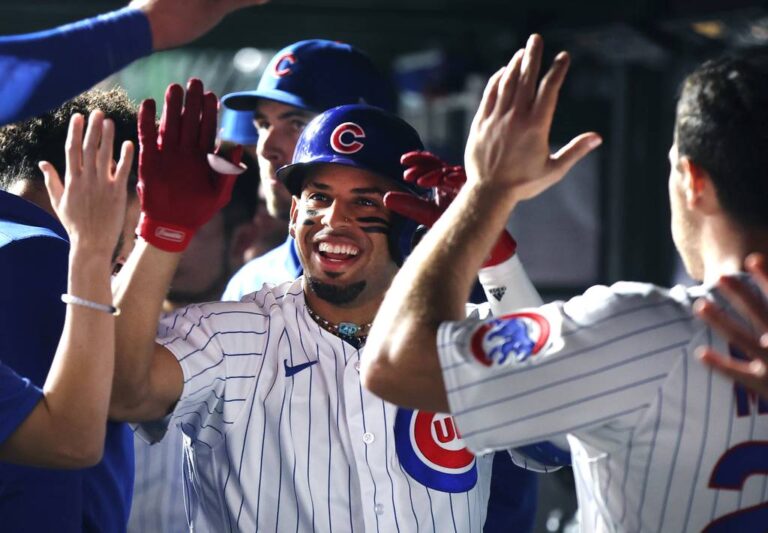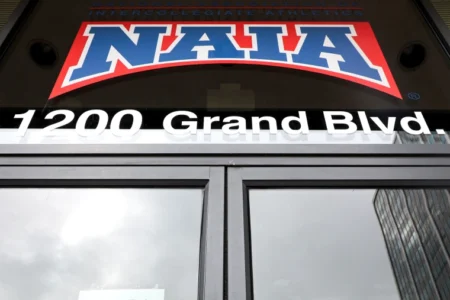Jed Hoyer is a man of few regrets, so it was no surprise the Chicago Cubs president didn’t second-guess his decision to send Christopher Morel to Triple-A Iowa to start the season.
Recalled on May 9, Morel has hit .367 with nine home runs and 15 RBIs in his first 12 games after Tuesday’s 7-2 victory in the opener of a three-game series against the New York Mets at Wrigley Field.
Morel’s seventh-inning homer extended his streak to five straight games with a home run — the first Cub since Sammy Sosa in 1998 to do that — and he’s the fourth player in major-league history with at least nine home runs in his first 12 games of a season. Only Philadelphia Phillies Hall of Fame third baseman Mike Schmidt, who hit 11 in his first 12 games in 1976, had more.
That has made many Cubs fans wonder why in the world Morel didn’t make the opening-day roster in the first place.
It’s a good question and one that hasn’t been addressed until now.
But Hoyer insisted Tuesday that the plan for Morel worked. Morel wasn’t going to play regularly with the Cubs, Hoyer said, and a .269 on-base percentage and 34% strikeout rate over the second half of his rookie season in 2022 was evidence he needed work.
Morel hit 11 home runs in 29 games at Iowa, and with the Cubs in an offensive slump, Hoyer finally decided to bring him up.
“Certainly you can look at it and say, ‘Boy, I wish we had those home runs at Iowa here,’” Hoyer said. “Or you could say the reason he hit those home runs here was because he got on a roll in Iowa, getting comfortable and playing every day.”
That’s the easy way to look at it and one that makes sense from management’s perspective.
But you also could look at it and say, “Do the Cubs really know their talent?”
They did the same thing with Nico Hoerner in 2021, sending him to Iowa in spring training when he clearly showed he was capable of being the starting second baseman. Hoerner hit .302 with a .382 OBP after being recalled that year, taking over at shortstop after Javier Báez was dealt to the Mets at the deadline.
Hoerner established himself that season and hasn’t looked back. Sometimes it takes more time for certain players to develop. Maybe the same was true of Morel. Not everyone can be Mike Trout.
But whether they deserved those brief demotions to work out their problems is debatable.
The Cubs can argue the short stint at Iowa was the reason Hoerner turned into the player he is today. No one could disprove that. But perhaps if he had been on the Cubs opening-day roster in 2021 instead of David Bote, they would’ve had a better chance of avoiding the losing ways that led to the trade-deadline sell-off.
We’ll never know, just like we don’t know whether the Cubs would be five games under .500 had Morel been in the lineup from the start of this season.
Morel is by no means a finished product. He still strikes out too much and has no position where he’s above average. There’s a name for guys like that. They call them designated hitters.
And that’s exactly where Morel was Tuesday and where he probably should remain when Cody Bellinger returns from the injured list. Eric Hosmer and Trey Mancini split most of the time at DH until Hosmer was designated for assignment last week, so there’s no reason to give it to anyone else.
Obviously the decision to demote Morel in March isn’t the sole reason for the Cubs’ current state. But it calls into question the rest of their personnel decisions, including the closer-by-committee, the ill-fated Hosmer experiment and the belief they needed three catchers on the roster with the since-departed Luis Torrens.
Fortunately the Cubs still have a chance to contend in a division no one is running away with. They trail the Milwaukee Brewers by 4½ games.
“You can take some solace from that, but ultimately it doesn’t make you feel better about our record or where we are,” Hoyer said.

Manager David Ross had a more colorful way of putting it.
“Thank goodness for the (crappy) play of everybody in the division, I guess, right?” Ross said to some awkward laughter.
Chicago Tribune Sports
Weekdays
A daily sports newsletter delivered to your inbox for your morning commute.
Or you could look at it and say, “Thank goodness the big-market Cubs play in a crappy division with four small-market teams that don’t have the same financial resources as the Ricketts family.”
Ross at least understands the Cubs deserve skepticism from fans and media after all the talk in spring training about turning the corner in 2023.
“We’re subject to the criticism and we’ve got to be better, play better,” he said. “But when you’re not playing your best and you still feel like you have a long season ahead of you and you’re still in contention for the division …”
The Cubs could be accidental contenders the rest of the summer and win the division with a few right moves before the trade deadline. It’s up to Hoyer to fix things, and we’ve yet to see him in “buy” mode at the deadline since replacing Theo Epstein as head honcho.
Trusting the process was easier under Epstein, perhaps because Theo had the gravitas Hoyer lacks and also because he played the media better. Epstein made his share of bad personnel decisions, but the ones that worked stood out more after the Cubs won the World Series.
It’s too early to judge Hoyer’s resume. We have a long way to go.
But as he said Tuesday when discussing the Cubs’ May funk, “It’s not early forever.”







